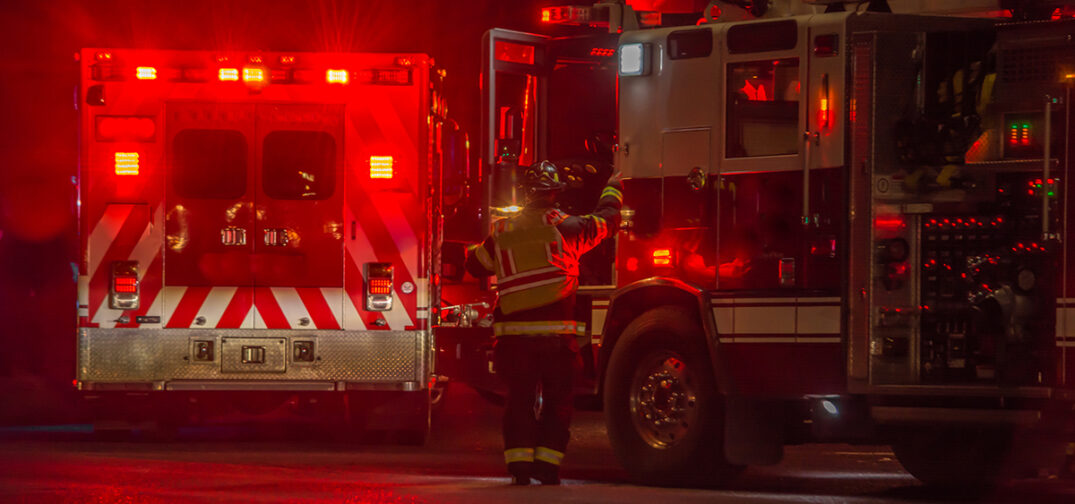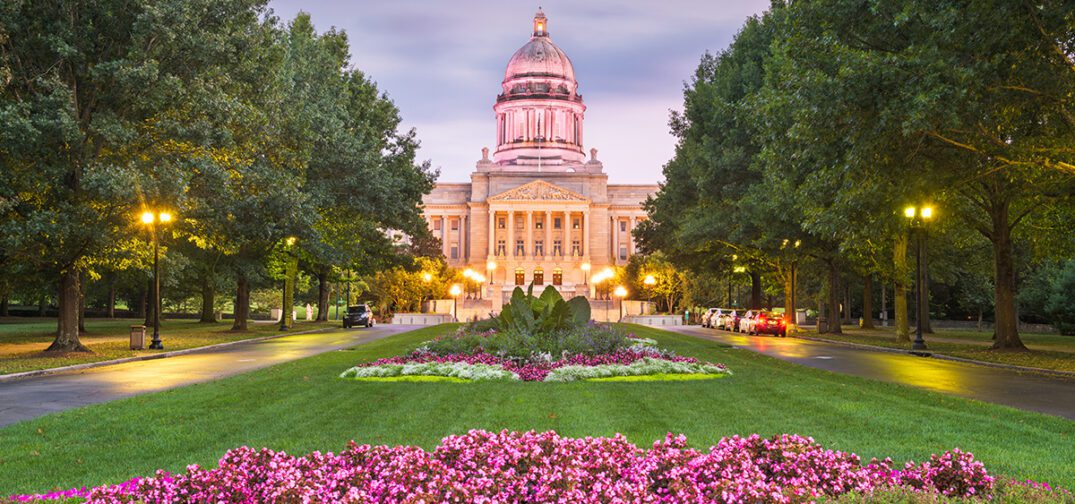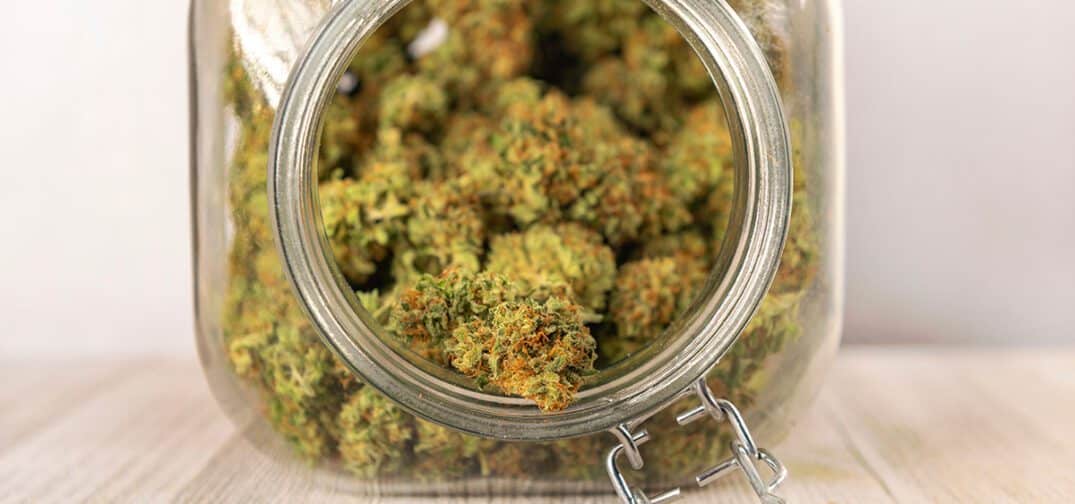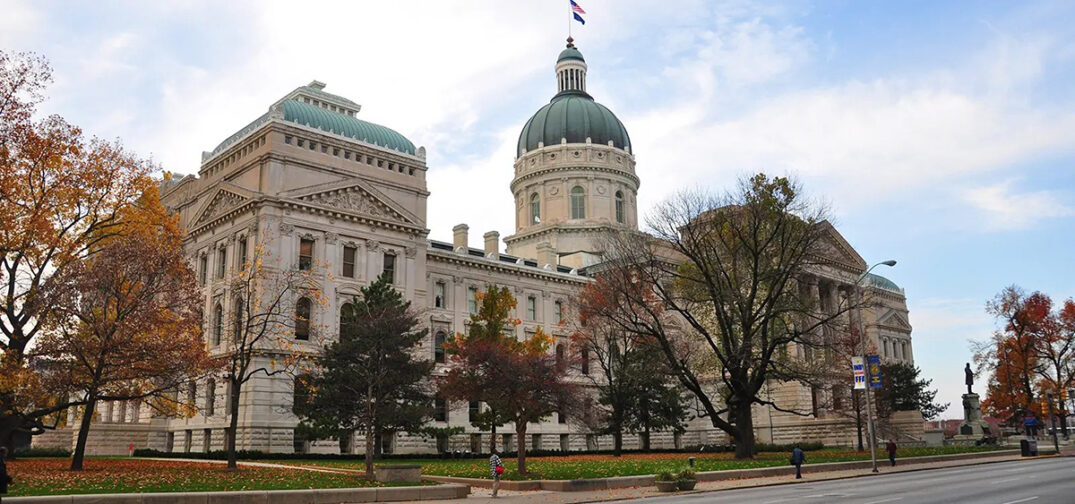The preroll market has grown rapidly as consumers are constantly looking for fresh and new ways to experience smokeable cannabis and hemp products without sacrificing quality and convenience. Evolving preferences are reshaping the market—from infused varieties to customizable prerolls—delivering premium quality smokables with unique formulas that excite consumers.
Whether you’re a retailer, wholesaler, or a brand looking to expand their product line, these unique designs provide a diverse set of in-demand options to an ever-growing market.
Premium Prerolls: Elevating the Experience
Prerolls remain one of the most dominant smokable product categories on the market. While many consumers still prefer the classic preroll experience, others are eager to explore more exotic options. Today’s premium prerolls combine flavor, potency, and appearance to create a sensory experience that captivates consumers.
Infused and coated prerolls, such as Moonrock, Diamond, and Snow prerolls, are growing in popularity due to their potency, unique smoking experience, and visual appeal. These premium prerolls cater to a wide range of preferences, from seasoned smokers to new hemp tokers.
A Range of Styles and Potencies
In a saturated market, companies must find ways to stand out while meeting the ever-changing demands of consumers. Visually striking and potent preroll options have emerged as leaders in this trend, offering something for every type of customer. Here are some of the top preroll designs shaping the playing field:
- Standard Prerolls – Simple and classic, these prerolls are perfect for consumers who appreciate a straightforward, smooth experience.
- Moonrock Prerolls – Known for their kief coating, these prerolls are a favorite among those looking for an enhanced, flavorful smoke.
- Diamond Prerolls – Featuring a diamond-coated tip, these prerolls deliver a premium experience and make an eye-catching addition to any retailer’s lineup.
- Snow Prerolls – Coated with hemp-derived diamonds, these prerolls offer both potent effects and stunning visual appeal.
- Diamond Moonrock Prerolls – A combination of kief coating and a diamond tip, this preroll merges two premium features into one unforgettable product.

Customization: Unlocking New Opportunities
Customization is reshaping the preroll market, empowering brands to develop products that truly stand out. This trend goes beyond aesthetic tweaks—it’s about creating tailored experiences that meet specific customer needs and preferences. Here are key aspects of preroll customization that companies can leverage:
- Unique Cannabinoid Blends: Adjusting the ratios of cannabinoids to target specific effects or consumer preferences, whether it’s relaxation, focus, or creativity.
- Terpene Customization: Infusing unique terpene profiles to enhance flavor and aroma, adding another layer of sophistication to prerolls.
- Exclusive Visual Features: Utilizing techniques like kief coating, diamond tips, or other design elements to make prerolls instantly recognizable.
- Private Label Opportunities: Offering white-label packaging solutions so brands can seamlessly integrate prerolls into their product line with their own branding.
By leveraging these customization options, brands can differentiate themselves in a competitive market, building loyalty and attracting a broader range of customers.
Scaling Production and Navigating Compliance in the Preroll Market
Scaling production while maintaining quality is a significant challenge, particularly in labor-intensive processes like preroll production. Intricate steps such as blending custom cannabinoid profiles, applying kief coatings, or crafting diamond tips require precision and time. Emerging technologies—automated rolling machines, precision coating applicators, and terpene infusion systems—are helping bridge the gap between high demand and labor limitations. These innovations streamline production, reduce manual labor, and ensure consistent, artisanal-quality products at scale, keeping brands competitive in an evolving market.
While technological advancements drive efficiency, the cannabis and hemp industries face complex regulatory hurdles, especially for prerolls incorporating extracts, concentrates, and flower. Each step, from extraction to infusion and final assembly, involves layered oversight and licensing requirements. Successfully navigating these challenges demands expertise in compliance and quality assurance. Experienced producers streamline operations by ensuring all regulatory steps are met, enabling brands to focus on innovation without risking non-compliance.
By combining scalable production methods with meticulous regulatory adherence, businesses can meet growing consumer demand for premium preroll products. Collaboration with trusted manufacturing partners ensures quality and compliance while embracing technologies that improve efficiency. As the market evolves, innovation and adaptability will remain key to delivering high-quality, customizable prerolls that resonate with both seasoned and new consumers alike.
Closing Thoughts
As the cannabis and hemp preroll markets continue to evolve, staying ahead of trends and navigating industry challenges requires adaptability and innovation. By embracing advancements in production, customization, and compliance, businesses can meet the growing demand for premium preroll products. The future of this market lies in collaboration, ensuring high-quality products that resonate with consumers and adapt to changing regulations.
























